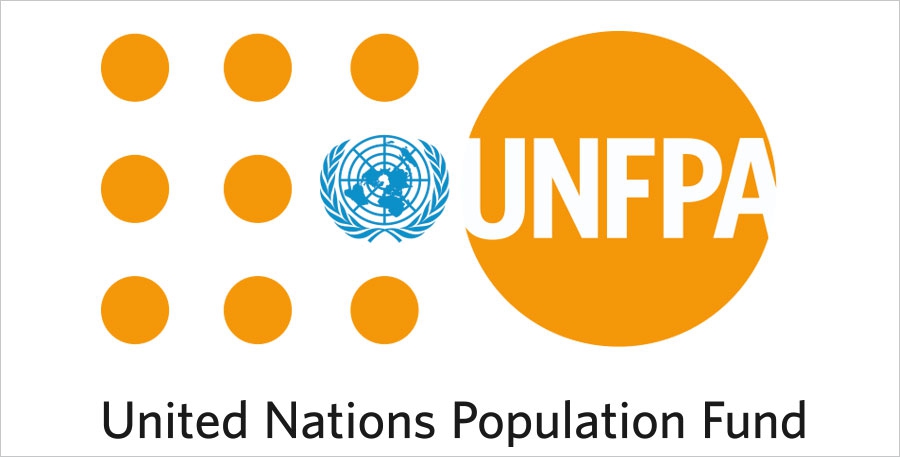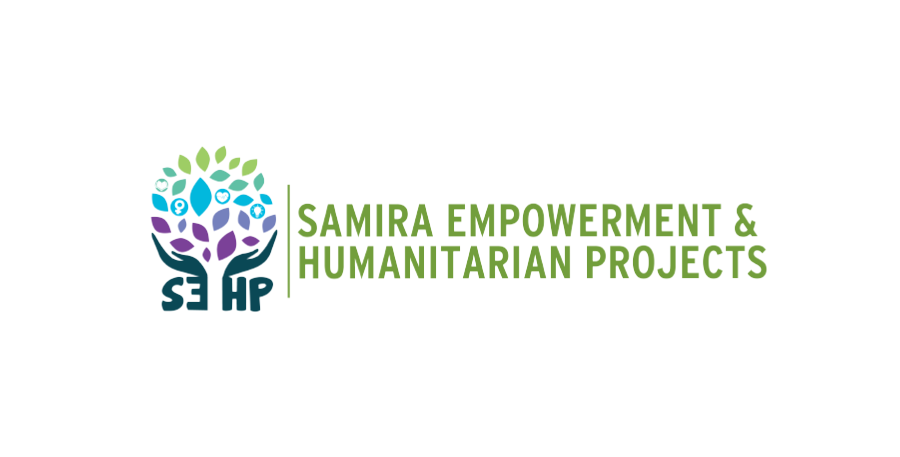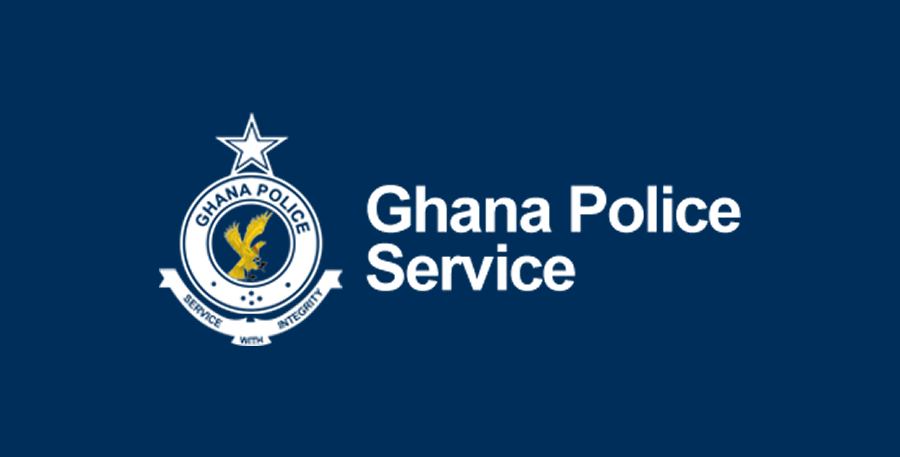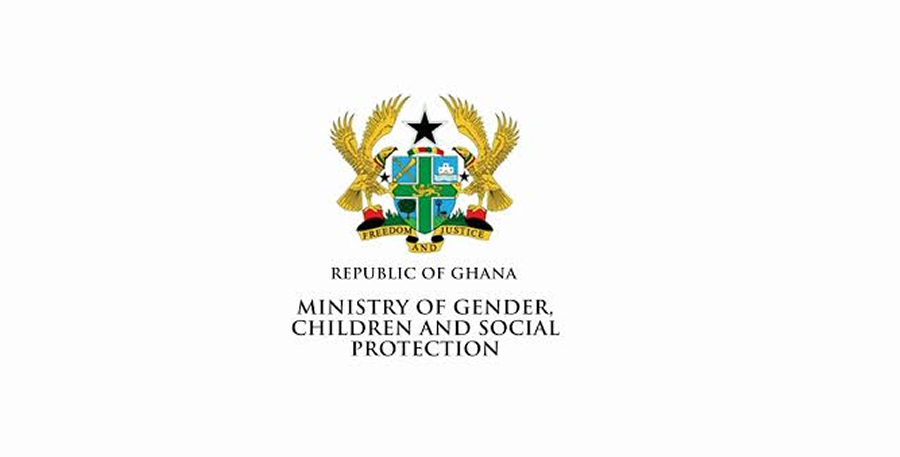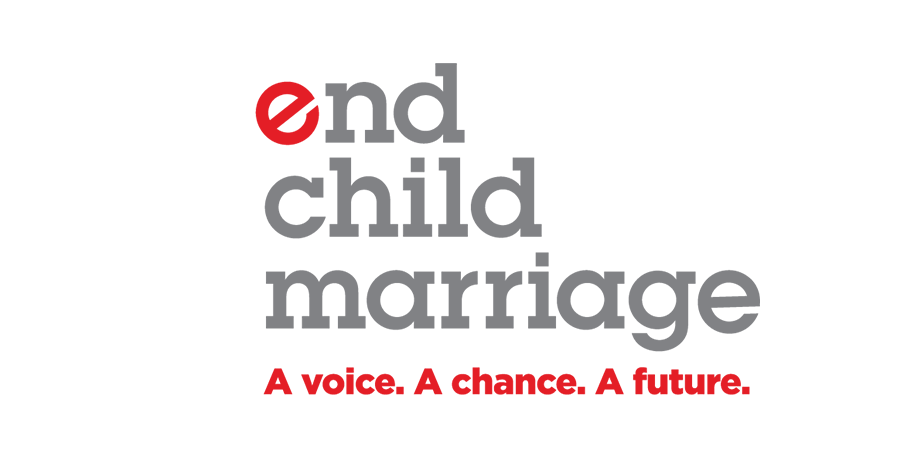About CoPASH
Coalition of People Against SGBV and Harmful Practices (CoPASH) is an initiative to spearhead a coordinated national response to the issues of SGBV/HPs including case management and increasing prevention efforts in Ghana.
The goal of CoPASH is to bring together a group of agencies, organizations and individuals who are passionate about the rights of women and girls, to advocate for more resources for organizations and institutions already combatting SGBV in Ghana. CoPASH intends to enact a coordinated response to SGBV.
Members of CoPASH have varied backgrounds but include representatives from the government, international agencies, gender-focused organizations, civil society and community members. The intent is to bring high level advocacy and visibility to interventions aimed at preventing and managing gender issues in Ghana such as:
- Child Marriage (CM)
- Female Genital Mutilation (FGM)
- Sexual and Gender Based Violence (SGBV)
- Violence against Women and Girls (VAWG) - Rape, Defilement, Wife Battery, etc.
SGBV in Ghana
Sexual and Gender-based violence undermines the health, dignity, security and autonomy of its victims, yet it remains shrouded in a culture of silence. Victims of violence can suffer sexual and reproductive health consequences, including forced and unwanted pregnancies, unsafe abortions, traumatic fistula, sexually transmitted infections including HIV, and even death.
Violence against women throughout the life cycle derives essentially from cultural patterns, in particular the harmful effects of certain traditional or customary practices often linked to gender, language or religion that perpetuate the lower status accorded to women in the family, the workplace, the community and society at large. Socio-cultural attitudes which are patriarchal and discriminatory as well as economic inequalities continue to reinforce women’s subordinate place in society.
In Ghana, women and in particular, adolescent girls are particularly vulnerable to Harmful Practices (HPs) and Sexual and Gender-Based Violence (SGBV) of all forms. For instance, between the year 2000 and 2013, about a hundred and seventy-seven thousand, eight hundred and forty (177, 840) cases of SGBV including rape, defilement, incest, and compulsory marriage were reported to the Domestic Violence and Victim Support Unit (DOVVSU) of the Ghana Police Service.
According to the 2014 DHS, about 32% of women and girls, aged 15-24, think that wife beating can be justified due to socio-cultural norms and stereotypes.
Ghana has one of the highest rates of Child Marriage (CM) in the West and Central Africa region with one out of five girls (21%) being married before their eighteenth birthday (DHS, 2014). However, significant geographical differences persist, with 1 in 3 girls in the Northern Region still affected. In addition, girls and young women in Ghana continue to be inflicted with the practice of Female Genital Mutilation (FGM). Ghana is among 29 countries in Africa and the Middle East where FGM is still prevalent, despite efforts to put a complete stop to the practice.
In spite of the existence of a number of laws, policies and frameworks that meet international best practices as well as comprehensive programmes and interventions as described above, the incidence of SGBV is still prevalent in Ghana and continues to rise. A major challenge is with the effective implementation of the laws to ensure system-wide structures that support the prevention and coordinated responses to SGBV/HPs and its contribution to the general achievement of gender equality. There is also a dearth of data on SGBV issues to inform evidence-based programming and advocacy. Due to these challenges, effective and coordinated responses to SGBV is a key gap where services to survivors are often lacking which eventually affects reporting and access to justice.

